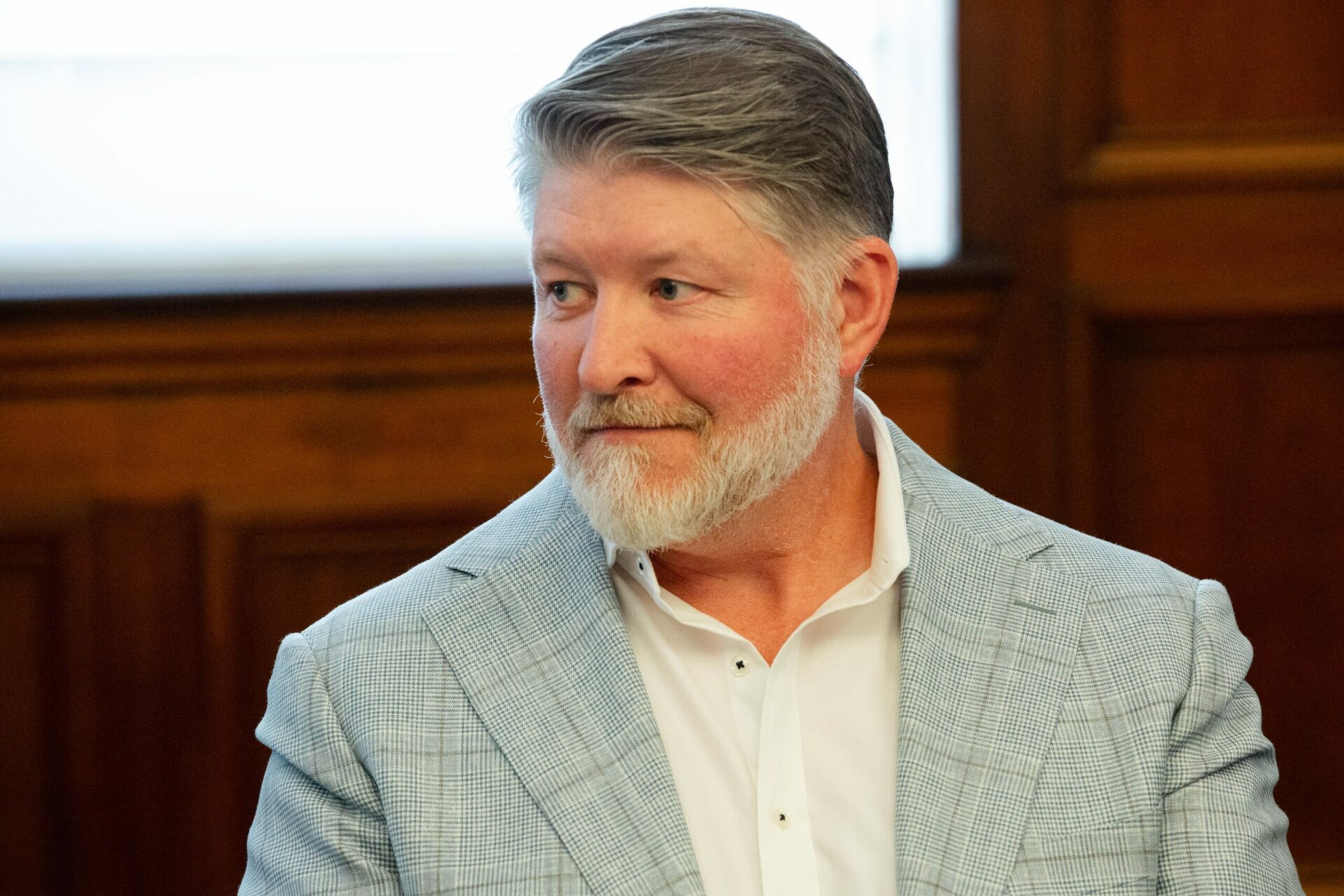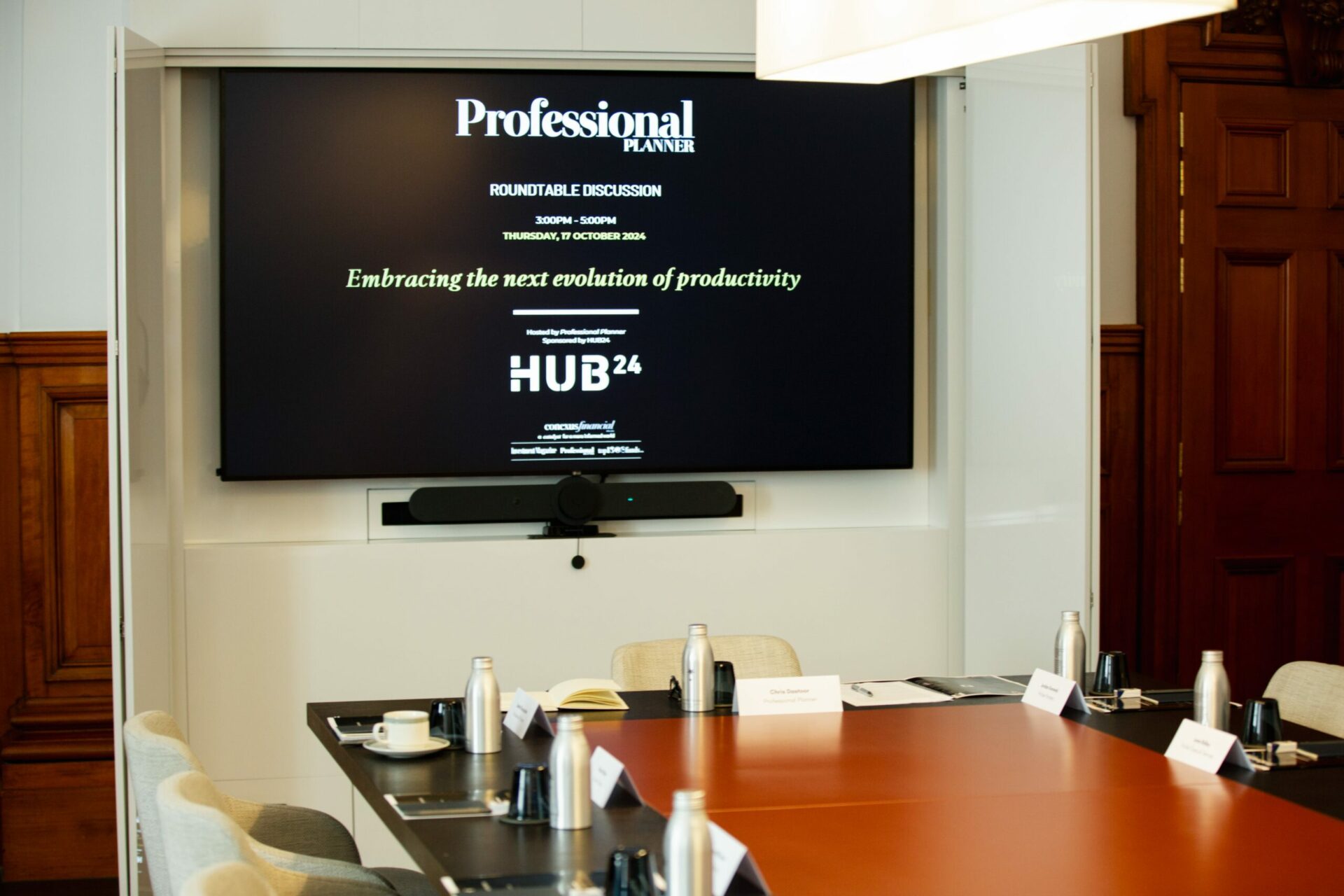Accessing data, sourcing talent and delivering simple versus complex advice are three top of mind productivity challenges facing our industry.
While some of these can be alleviated via automation and digitisation, strategy work, running simulations, product enhancement and best interest compliance cannot.
“There are specific red tape mechanisms that are adding to the constraints and inhibiting productivity,” said David Stephen, Chief Executive, InvestBlue.
Data remains elusive
Accessing the necessary data to deliver compliance was one such constraint, creating unnecessary paperwork that negatively impacts on the advice experience.
“It’s designed to meet a risk or compliance measure as opposed to an outcome,” said Lena Riley, Chief Executive Profile Financial Services. “Just getting the data is difficult because every client, every superannuation investment, has different ways of you being able to access this information.”
Stephen agreed: “It’s the information gathering which is difficult, and there’s no connectivity technology that goes with that.”
Further, the storage of unstructured data in various locations, makes this problem worse.
“There’s a lot of downstream consequences to choosing to put your data in the right places,” said Peter Worn, Cofounder and Managing Director, Finura Group.
Supply chain need to be fixed
According to Pitcher Partners Partner Jordan Kennedy, part of the talent challenge is the time, education, training and experience required to become an adviser. “I view our work as an art form. You can’t simply walk into a room and expect to create that art.”
For this reason, a structured approach to sourcing talent is required. “It’s important that we have efficient pathways to find the next planners in this sector,” said Neil Younger, Managing Director and CEO Entireti.
Given this is a more long-term solution to unmet advice, Kennedy explored whether advisers at the early stages of their career, could be mobilised to provide simple advice to bridge the gap to people needing advice at a low cost.
Simple versus complex advice
“How do you create this way of interacting from a delivery perspective with the simple [advice] and then connect to the complex,” said Younger. “We need to have a mechanism where people start in that cycle.”
He said large distribution businesses who have built scale and created capacity systems, are a likely provider of such a solution but would need to take a different approach and focus from the past.
The fact that a young family needs to pay $4500 for financial advice is too much – technology should be leveraged to bring this cost down. “There’s simple things we can do for that client cohort, but utilising technology has to be part of it as well to lower that cost,” said Stephen.
HUB24 Managing Director and CEO Andrew Alcock agreed the solution will need to address the whole advice process. “There’s a whole lot of things contributing, not just humans to the expense of getting qualified professional advice. If we are a profession, and I absolutely believe we are, then I think there’s some things we can look at, particularly around the aspects of building and producing advice and the documentation required to substantiate best interest.”
A more digitised tech experience of advice could also deliver other benefits around timeliness and less paperwork, which Adele Martin founder of The Financial Adviser Scale Squadnoted made advice “not super engaging.”



